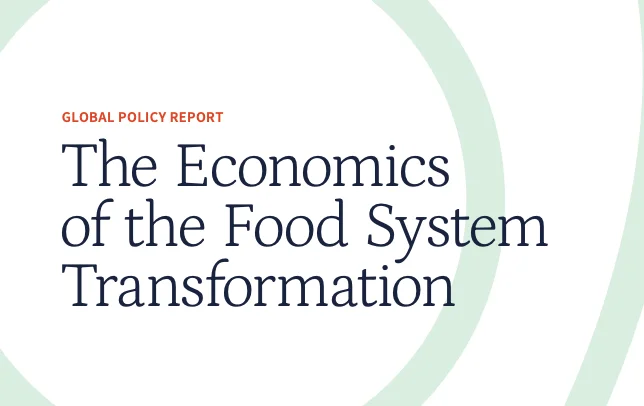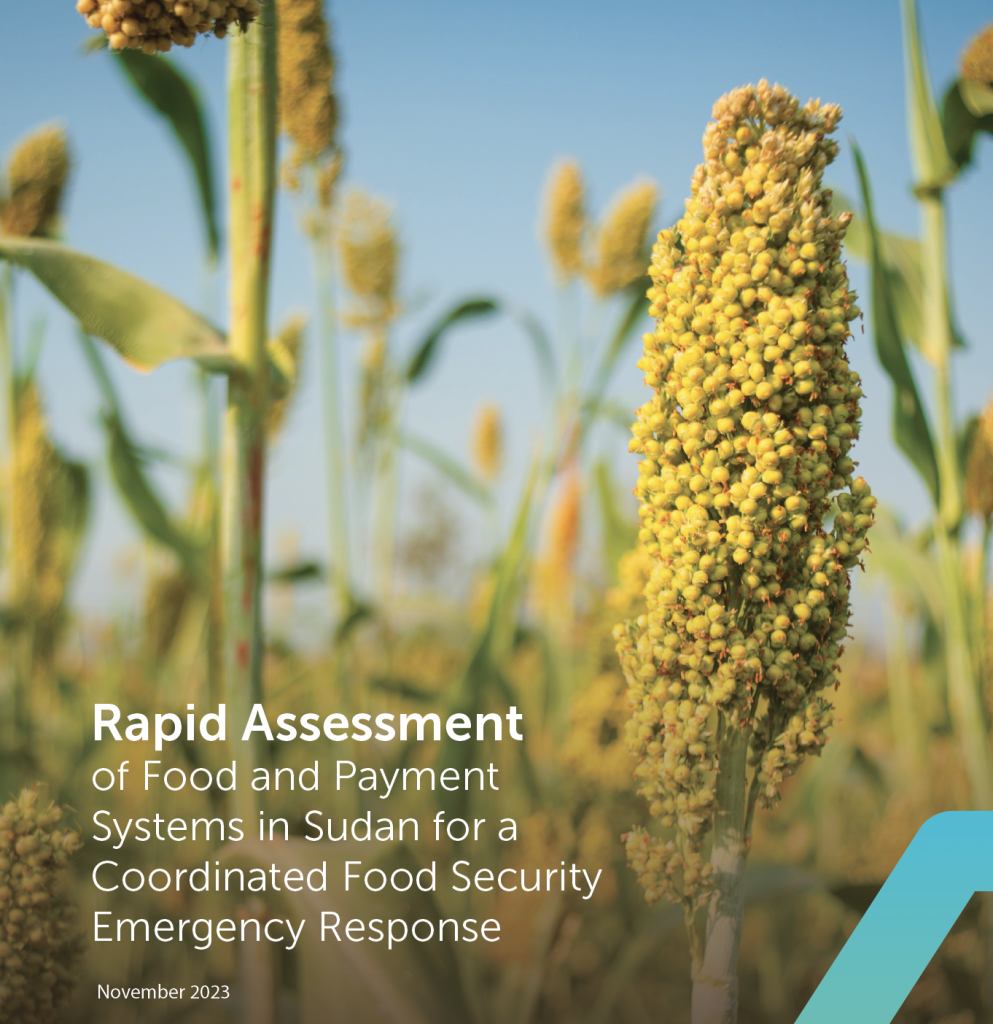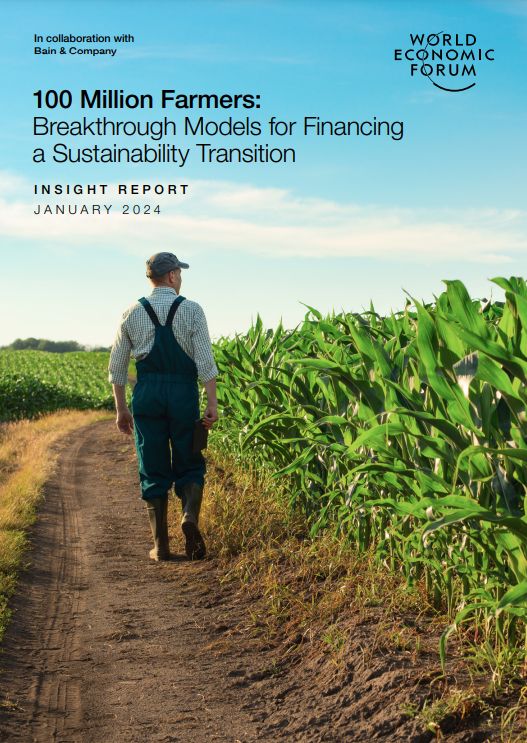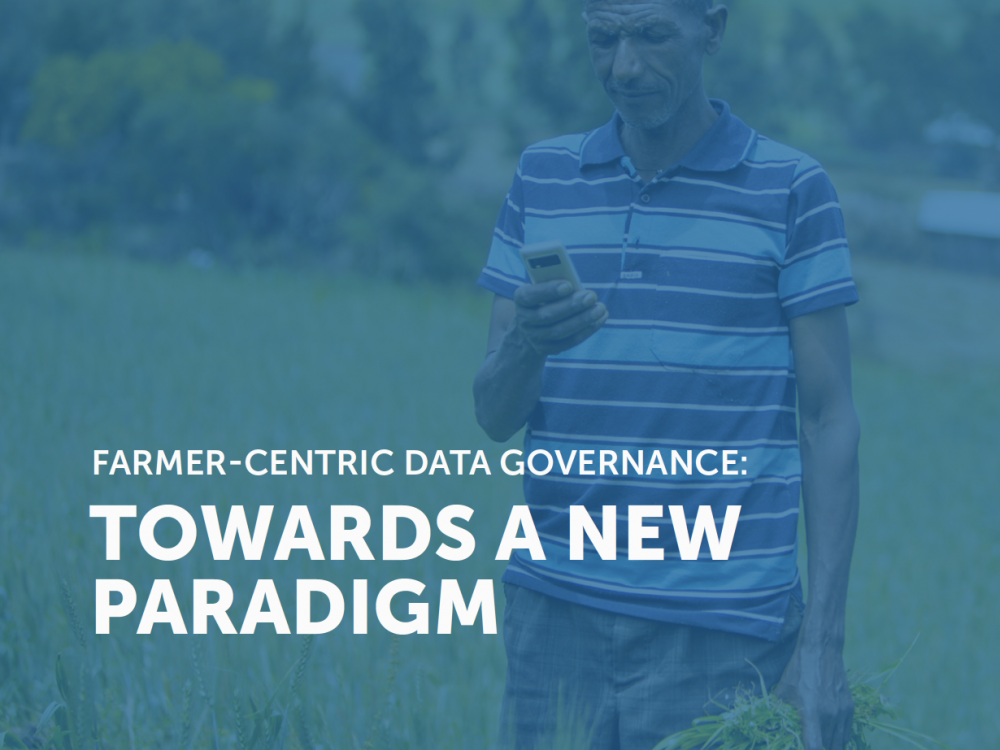Food and agricultural research
Breakthrough Institute (2024) Building twenty-first century agricultural research and extension capacity in Africa # 46 p.
- This study 1) explains why improved performance of national agricultural research and extension systems (NARES) is required to achieve many widely shared development objectives of African governments and international partners, 2) examines the effectiveness of international efforts to build the capacities of African NARES, and 3) proposes actions to improve the performance of these systems.
- This study primarily derives its findings from in-depth interviews of individuals with longstanding direct experience working in African NARES and international organizations with a mandate to strengthen the capacities of African NARES.
- The study identifies seven recurrent themes emerging from the Key Informants interviews:
- This report elaborates on research previously published by the authors in the European Review of Agricultural Economics (Jayne et al., 2023). Building twenty-first century agricultural research and extension capacity in Africa T S Jayne, Shamie Zingore, Amadou Ibra Niang, Cheryl Palm, Pedro Sanchez European Review of Agricultural Economics, Volume 50, Issue 5, December 2023, Pages 1824–1846, https://doi.org/10.1093/erae/jbad028 # 23 p.
- See also PAEPARD blogpost
- There are a wide range of biotechnologies available and many of them have been, and are currently being, used in many situations and sectors worldwide to solve the myriad problems that farmers are facing.
- Documentation of the application of agricultural biotechnologies for smallholders is an important part of FAO’s role in facilitating knowledge sharing regarding agricultural biotechnologies.
- This document synthesizes a unique series of 15 case studies where agricultural biotechnologies were used to serve the needs of smallholders in developing countries
Food systems
FSEC (2024) The Economics of the Food System Transformation Global Policy Report. The Food
System Economics Commission, 117 pages
FSD, Wellspring (2023) Rapid Assessment of Food and Payment Systems in Sudan for a Coordinated Food SecurityEmergency Response November 2023 #24 p.System Economics Commission, 117 pages
- The economic and planetary case for transforming our food systems is compelling. But negotiating change across a multitude of diverse stakeholders with unequal power and varying prospects from the transformation is an enormous challenge.
- The report confronts this challenge head on, highlighting practical ways to dismantle barriers to change and develop achievable transformation strategies.
- Evidence shows that embracing equity and inclusion is key to making a transformation politically viable and thus essential for success. The report summarizes the findings of a four-year investigation by the Food System Economics Commission (FSEC), an independent commission expressly created to assess options for comprehensive food system transformation. FSEC findings are based on rigorous economic modeling, in-depth literature reviews, and case studies. All background research is available at foodsystemeconomics.org.

- The Foreign and Commonwealth Development Office (FCDO) Sudan and Financial Sector Deepening (FSD) Africa commissioned a rapid assessment of the agri-food and enabling payment systems in Sudan, to inform a coordinated emergency response that promotes food security.
- This book takes a critical look at Kenya’s whole food system, including food supply chains, the food environment, consumer behavior, external drivers, and development outcomes and considers the system’s history and experiences from other countries.
- Recording: 08/01/2024 Book: Food System Transformation in Kenya
WEF (2024) 100 Million Farmers: Breakthrough Models for Financing a Sustainability Transition #39 p.
- This new report by the 100 Million Farmers initiative outlines how to support and work alongside farmers, with a specific focus on speeding up the adoption of regenerative agriculture pathways.
- The model suggests de-risking transitions by aggregating capital from public and private sources to overcome initial financing costs, thus contributing to the key question of how we unlock resilience across the complexities of the food systems.
- The purpose of this report is to stimulate discussions on the central role of agrifood systems in the loss and damage debate and identify the gaps in data, knowledge and finance that need to be addressed. The report provides an overview of the loss and damage concept, the status of analytical methodologies and tools, a summary of the reporting on loss and damage in nationally determined contributions (NDCs), an outline of the policy needs and some preliminary analysis of the financing needs.
- Overall, support to countries needs to be targeted and strengthened so that loss and damage in agrifood systems can be dealt with as early as possible. This support needs to ensure that no one is left behind while striving for better production, better nutrition, a better environment and a better life.
Nutrition
- This new book published by Oxfam describes the botany, local knowledge and nutrition qualities of one hundred local plants, which can help reduce micronutrient deficiencies of Indigenous peoples and smallholder farmers.
Food industry
The "Africa Agrochemicals Market Size & Share Analysis - Growth Trends & Forecasts (2023 - 2028)" August 2023 #120 p. (not for free!)
- With agriculture taking precedence in numerous African government agendas, notable increments in national budget allocations to this sector are observed, alongside increasing private sector investment.
- Concurrently, key market players are emphasizing innovation and partnership, which signals a dynamic shift towards more advanced agrochemical solutions to meet the burgeoning demands of the agricultural sector.
- The aim of this report is to serve as a repository of practical insights and real-world experiences that can be used by juice sector stakeholders to improve their sustainability initiatives and to collectively work towards a more sustainable and responsible future.
- The second edition of the juice industry report, serves as a valuable resource for monitoring progress and promoting successful practices in the industry.
- Related webinar: 29/01 The Trade Dialogues on Food
Digital Agriculture
Josse De Baerdemaeker (2023) Artificial intelligence in the agri-food sector – applications, risks and impact EPRS | European Parliamentary Research Service Scientific Foresight Unit (STOA) # 92 p.- In this study, sensing and data collection in different agri-food sectors are described, together with how the data can lead to better management and better decision making in crop and animal production.
- Recording: 23/01/2024. Digitalisation, AI and sustainable agriculture seminar (European Parliament Brussels and online)
- This report unpacks why and how AI and automation is used by small-scale agricultural producers, what the risks and opportunities are, and makes recommendations for steering AI innovation toward more inclusive outcomes.
- Recording: Can AI inclusively advance agri-food systems?
ECDPM (2024) Envisioning Africa's AI governance landscape in 2024 # 11 p.
- ECDPM brief on the AI-related developments in Africa expected this year, starting with the anticipated endorsement of an ‘Africa strategy for AI’ at the upcoming AU summit. The brief also presents recommendations for policymakers to achieve Africa’s vision of becoming a global player in AI. In all this, the support of the private sector will be key.
- Farm Radio International (FRI) and the CGIAR Research Initiative on Digital Innovation have collaborated on the development of an end-to-end, automatic speech recognition pipeline for the transcription, translation, and analysis of Swahili and Luganda.
- Recording: 10/01/2024 Localizing AI for Agriculture: Success and Challenges
- The Report, six Deep Dives, and nine Case Studies provide user-centric approaches to data governance that places farmers and their communities at the center of data gathering initiatives and aims to reduce the negative effects of centralized power.
- Recording: 10/01/2024 Localizing AI for Agriculture: Success and Challenges












No comments:
Post a Comment